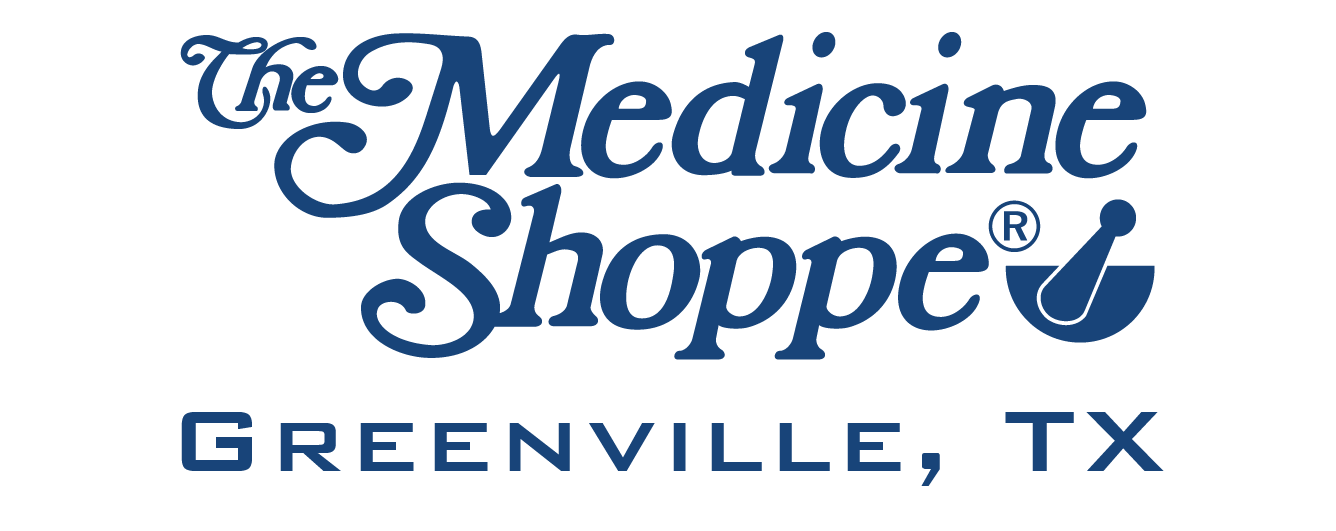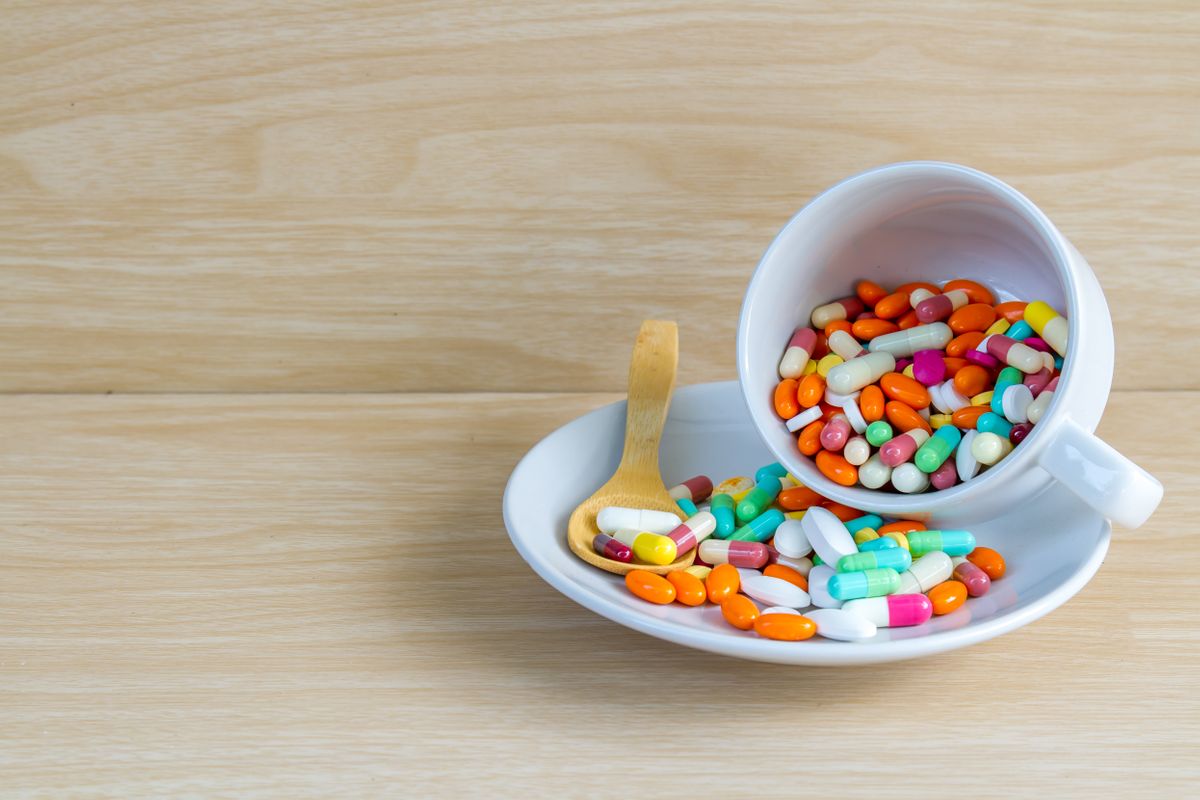For individuals with gluten sensitivities, even small amounts of gluten in medications can cause significant health issues. Whether it’s due to celiac disease or other gluten-related disorders, these patients must vigilantly avoid gluten in all forms. Unfortunately, many medications contain gluten as a binding agent, unknowingly putting sensitive individuals at risk of discomfort and other health complications.
Compounding offers a valuable solution by providing gluten-free versions of essential medications. This process involves customizing prescriptions to eliminate gluten while maintaining the medication’s effectiveness. By working closely with compounding pharmacists, patients can access medications that are safe for them without concern over hidden gluten ingredients.
This tailored approach ensures that individuals with gluten sensitivities can continue their treatments without risking their health. With compounding, patients are empowered to manage their conditions comfortably, knowing their medication regimen is aligned with their dietary needs. As awareness of gluten sensitivities grows, so does the demand for accessible and safe medical options, making compounding an essential service for those affected.
Understanding the Need for Gluten-Free Medications
For individuals with gluten sensitivities, avoiding gluten isn't just a dietary choice—it's a medical necessity. Gluten, a protein found in wheat, barley, and rye, can trigger severe reactions in people with celiac disease or gluten intolerance. These reactions include digestive issues, skin problems, and even neurological symptoms. While most people are aware of gluten in foods, fewer realize that medications can also contain gluten as a filler or stabilizer.
The consequences of consuming gluten-laden medications are serious for those with sensitivities. Even trace amounts can lead to discomfort and worsening health conditions. Symptoms like stomach cramps, diarrhea, and nausea may occur. More importantly, ongoing exposure can damage the small intestine lining in people with celiac disease, leading to malnutrition and other long-term health issues.
Given these risks, it's essential to have access to gluten-free medications. Without these options, patients may be forced to choose between adhering to their medical treatments and avoiding gluten exposure. Therefore, the demand for safe, gluten-free alternatives continues to grow, emphasizing the importance of solutions that can address these specific needs effectively and reliably.
The Role of Compounding in Creating Gluten-Free Options
Compounding plays a crucial role in providing gluten-free medications for individuals with sensitivities. This pharmaceutical practice involves creating customized medications to fit the unique needs of each patient, which includes eliminating gluten from the mix. Compounding pharmacists carefully select ingredients and modify formulas, ensuring that all components used are free from gluten.
The benefits of compounding for individuals with gluten sensitivities are significant. First, it offers a level of customization that mass-produced medications cannot match. This means patients can receive medications that are not only gluten-free but also tailored in terms of dosage and form, making them easier and safer to take. For instance, those who struggle with standard pill forms can receive liquid or flavored versions that suit their preferences.
Moreover, compounding ensures peace of mind for patients who must avoid gluten. Knowing that their medications are crafted specifically without this protein helps them maintain their health without worry. It allows for a seamless integration of treatment regimens, ensuring that they don't have to compromise between managing their health condition and adhering to a gluten-free lifestyle.
In this way, compounding offers a personalized approach, supporting those with gluten sensitivities by providing safe, effective medication options without the hidden threat of gluten contamination. This service underscores the adaptability and patient-focused nature of compounding in modern healthcare.
Types of Medications That Can Be Compounded Gluten-Free
Many types of medications can be compounded to be gluten-free, providing options across various treatments. Common medications include:
Pain Relievers: Both over-the-counter and prescription pain medications can be adjusted for gluten sensitivity.
Antibiotics: Essential for treating infections without risking gluten exposure.
Hormone Therapies: Compounded to ensure that hormone levels are managed safely.
Antidepressants: Customized to maintain mental health without gluten-related risks.
Anti-inflammatories: Important for managing inflammation while remaining gluten-free.
Compounding pharmacists adjust these medications by sourcing gluten-free raw materials and using specialized techniques to eliminate gluten. They replace gluten-laden binders and fillers with safe alternatives, ensuring each dose is effective and safe for sensitive individuals. This careful process allows patients to continue their treatments without gluten-related concerns, making medication adherence easier and more reliable for a gluten-sensitive lifestyle.
Choosing a Pharmacy for Gluten-Free Compounding
Selecting the right pharmacy is crucial for those seeking gluten-free compounded medications. To ensure a trusted partnership, consider these tips:
Research Accreditation: Look for pharmacies with proper certifications and staff trained in compounding, ensuring their ability to produce gluten-free medications.
Experience and Expertise: Prefer pharmacies with a strong track record of handling gluten-free formulations, indicating their familiarity with safe practices.
Clear Communication: Choose a pharmacy that communicates openly about their ingredients and processes, reassuring you of the medication's safety.
Consultation Services: A good pharmacy should offer consultations to discuss your needs and health history thoroughly.
Quality assurance plays an essential role in ensuring each compound is free from gluten contamination. Pharmacies should follow strict protocols to prevent cross-contamination, constantly verifying the purity of their ingredients. Selecting an experienced and diligent pharmacy allows patients to receive customized care, trusting that their health needs are met with caution and professionalism.
Embracing Safe Gluten-Free Solutions
In a world where gluten sensitivity affects many, being proactive about safety in all aspects of life, including medications, is vital. Compounded gluten-free medications represent a tailored approach to healthcare, allowing individuals with sensitivities to manage their health without risking adverse reactions. From pain relievers to hormone therapies, these customized solutions ensure that everyone has access to safe and effective treatments.
Selecting a skilled compounding pharmacy ensures that gluten-free medications are crafted with the highest standards. Experienced pharmacists ensure each prescription meets individual needs, supporting a healthy, gluten-free lifestyle. For those navigating gluten sensitivities, having reliable options brings peace of mind and an enhanced sense of control over their health.
Greenville Medicine Shoppe is committed to providing high-quality, personalized medicine compounding services that address gluten sensitivities. We invite you to explore our options and speak with our expert pharmacists, who are ready to customize medications that align with your health needs. Visit us today to learn how our services can make a difference in your healthcare journey, ensuring safety and peace of mind.

